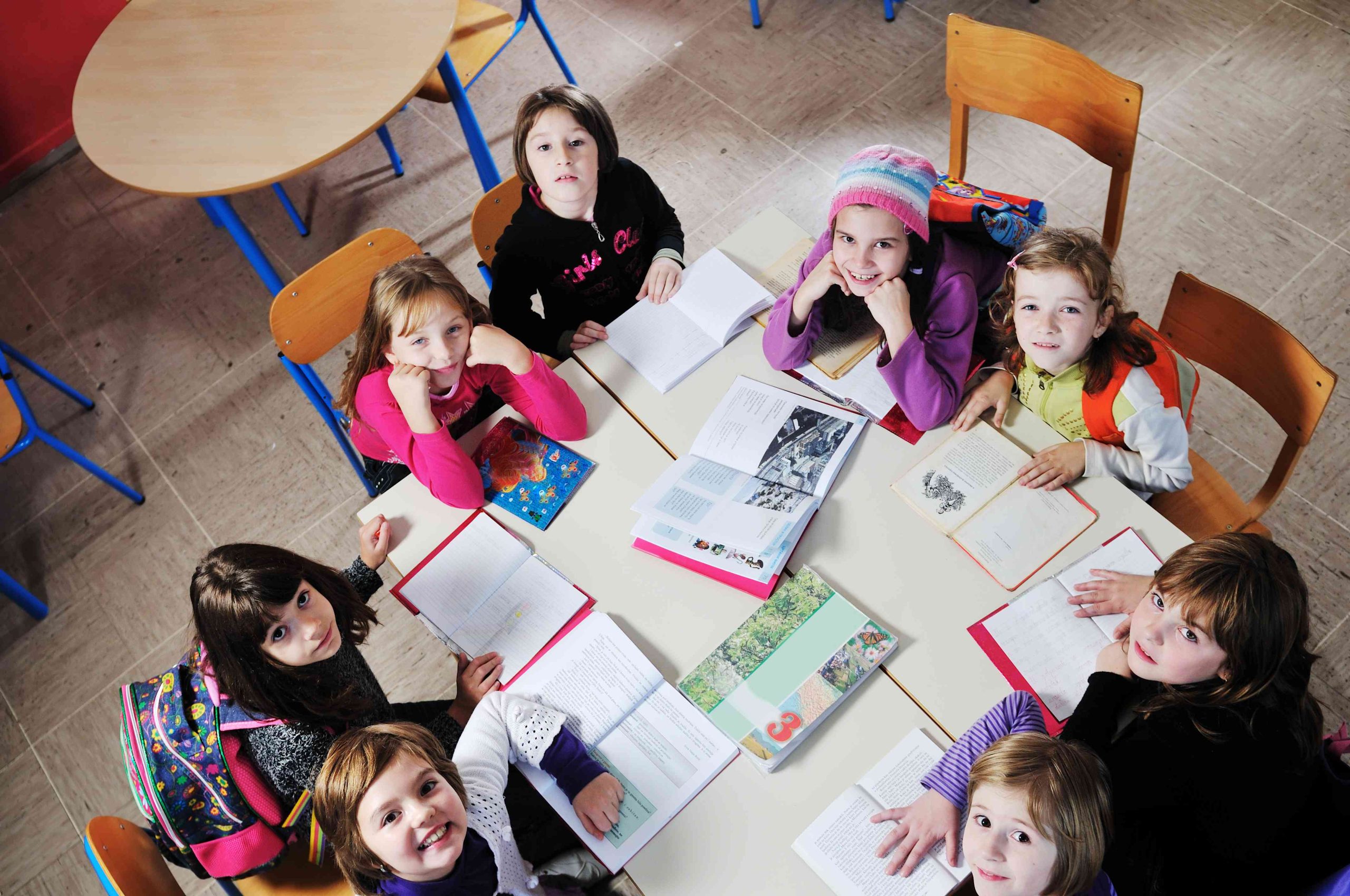
Creating a Comprehensive Curriculum for Preschoolers
As parents and educators, fostering the optimal development of preschoolers is paramount. A robust curriculum serves as the cornerstone for this endeavor, offering a structured approach that encompasses various developmental domains. In this article, we delve into the components of a comprehensive preschool curriculum and its pivotal role in nurturing young minds.
Language and Literacy: Nurturing Communication and Comprehension
Language and literacy skills form the bedrock of academic success and effective communication. Our curriculum integrates diverse activities, from captivating story sessions to engaging rhyming games, aimed at honing preschoolers’ language proficiency and fostering a love for reading.
Mathematics: Cultivating Numerical Proficiency
Numeracy skills are vital for navigating the complexities of the modern world. Through interactive tasks like counting games and shape exploration, our curriculum lays a robust foundation in mathematics, ensuring preschoolers develop confidence in handling numerical concepts.
Social and Emotional Development: Fostering Empathy and Resilience
The early years are pivotal for shaping social and emotional competencies. Our curriculum emphasizes activities fostering empathy, conflict resolution, and self-awareness, equipping preschoolers with invaluable skills for navigating interpersonal dynamics.
Physical Development: Nurturing Healthy Bodies and Active Minds
Physical activity is integral to holistic development. Our curriculum integrates dynamic play-based exercises and structured activities to enhance gross and fine motor skills, promoting physical well-being and cognitive growth.
Science and Nature: Fostering Curiosity and Inquiry
Exploring the wonders of the natural world stimulates curiosity and cultivates a scientific mindset. Our curriculum offers hands-on experiences such as nature walks and simple experiments, nurturing preschoolers’ innate curiosity and appreciation for the environment.
Creative Arts: Unleashing Creativity and Expression
Artistic expression fuels imagination and self-discovery. Our curriculum provides ample opportunities for preschoolers to experiment with various art forms, music, and dramatic play, fostering creativity and self-expression.
Technology: Navigating the Digital Landscape Safely
In today’s digital age, digital literacy is indispensable. Our curriculum introduces age-appropriate technology, guiding preschoolers in developing foundational skills like coding and online safety, empowering them to harness technology responsibly.
Parental Involvement: Strengthening the Home-School Nexus
Parents are indispensable partners in their children’s educational journey. Our curriculum encourages active parental involvement through volunteer opportunities, informative resources, and collaborative initiatives, fortifying the home-school connection.
Assessment and Evaluation: Tracking Progress and Tailoring Support
Regular assessment is essential for gauging preschoolers’ progress and identifying areas for growth. Our curriculum adopts diverse assessment methods, coupled with transparent communication channels with parents, ensuring a personalized approach to each child’s learning journey.
Individualization and Differentiation: Catering to Diverse Learning Needs
Every child is unique, with distinct learning styles and abilities. Our curriculum embraces differentiation strategies, providing tailored instruction and fostering an inclusive learning environment where every preschooler thrives.
Cultural Responsiveness: Embracing Diversity and Inclusivity
Cultural sensitivity is foundational to fostering an inclusive learning environment. Our curriculum celebrates diversity through culturally enriching activities, fostering mutual respect and understanding among preschoolers.
Play-Based Learning: Nurturing Curiosity and Collaboration
Play is the quintessential vehicle for learning in early childhood. Our curriculum prioritizes play-based learning, offering opportunities for unstructured exploration and guided play activities, igniting preschoolers’ curiosity and promoting collaborative learning.
Integrated Learning: Connecting the Dots Across Disciplines
Integrated learning facilitates a holistic understanding of concepts. Our curriculum intertwines various learning domains, allowing preschoolers to make meaningful connections and perceive the interconnectedness of knowledge.
Professional Development: Empowering Educators as Change Agents
Continuous professional development is pivotal for educators’ efficacy. Our curriculum prioritizes ongoing training and mentorship opportunities, empowering educators to deliver high-quality education that meets evolving pedagogical standards.
In conclusion, crafting a comprehensive preschool curriculum is a multifaceted endeavor aimed at nurturing the holistic development of young learners. By integrating diverse learning domains and fostering collaborative partnerships between educators and parents, we pave the way for preschoolers to embark on a journey of lifelong learning and fulfillment.


